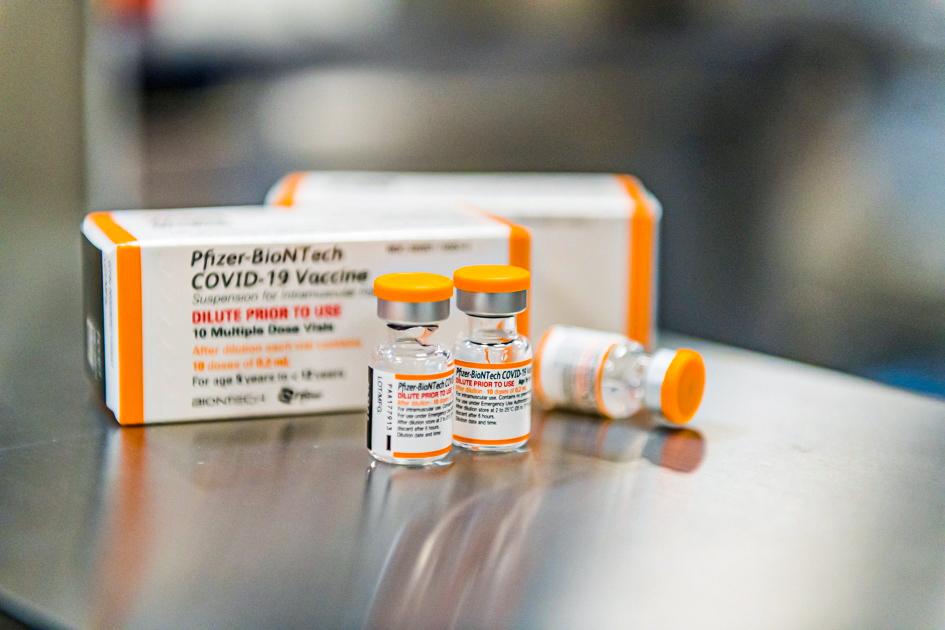The Centers for Disease Control and Prevention (CDC) on Tuesday night recommended practically every child in the United States between 5 and 11 get Pfizer’s COVID-19 vaccine.
CDC Director Dr. Rochelle Walensky made the recommendation, following advice from the agency’s vaccine advisory panel.





